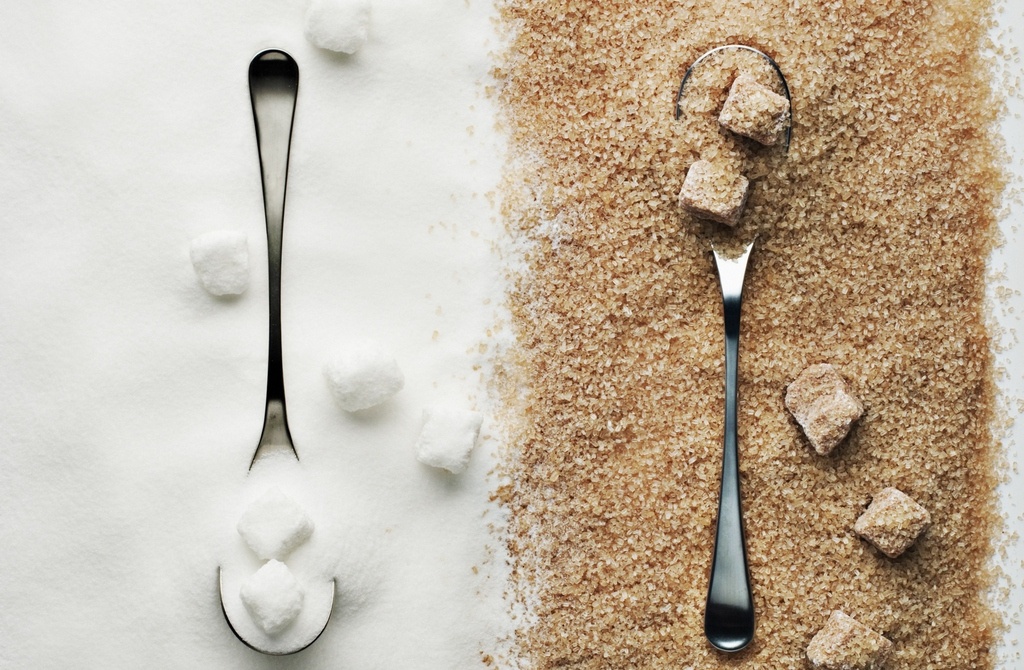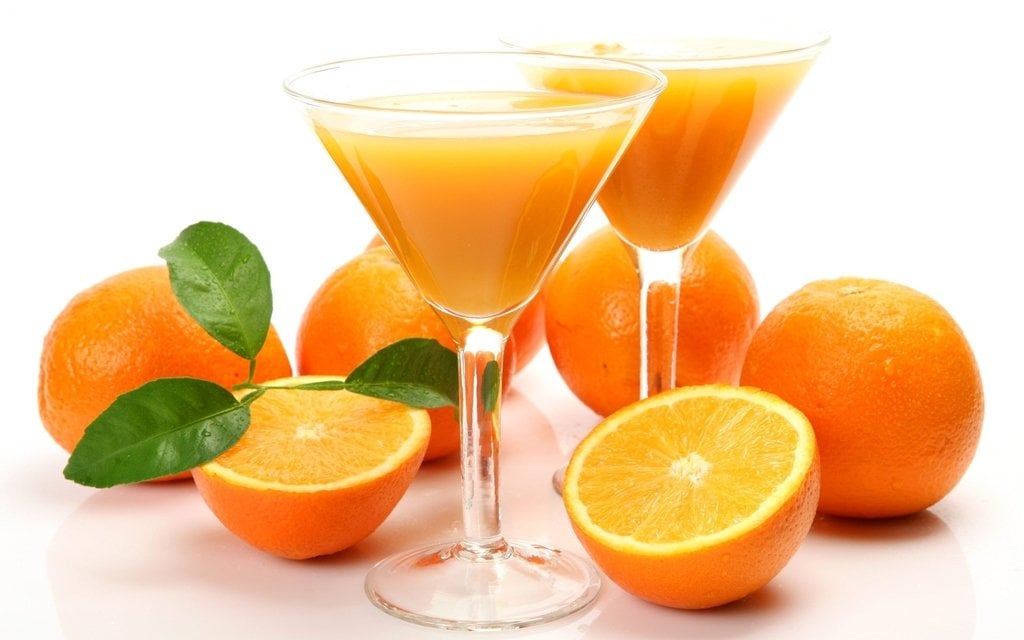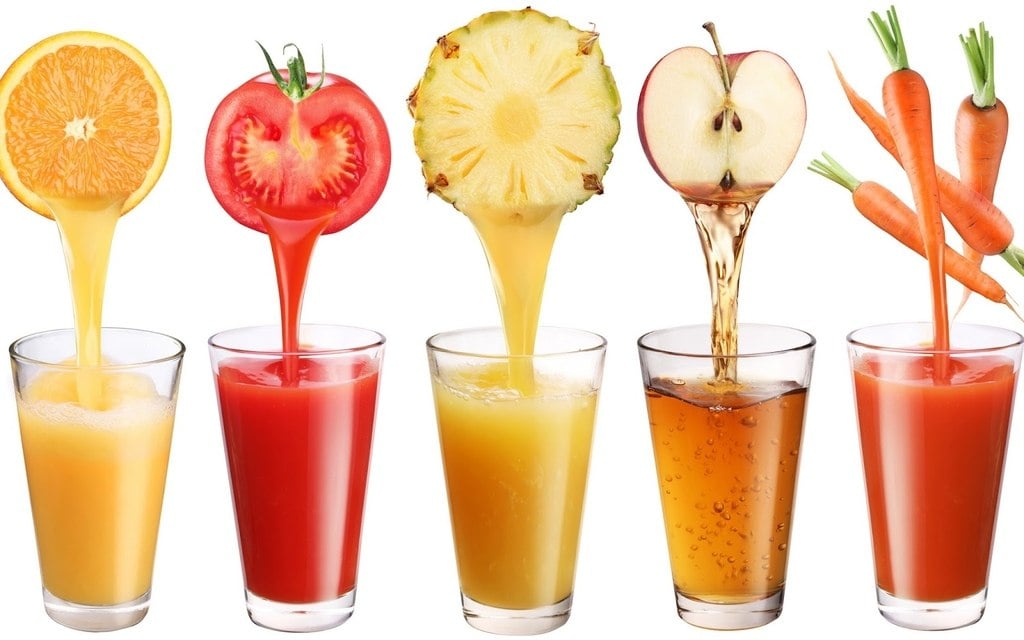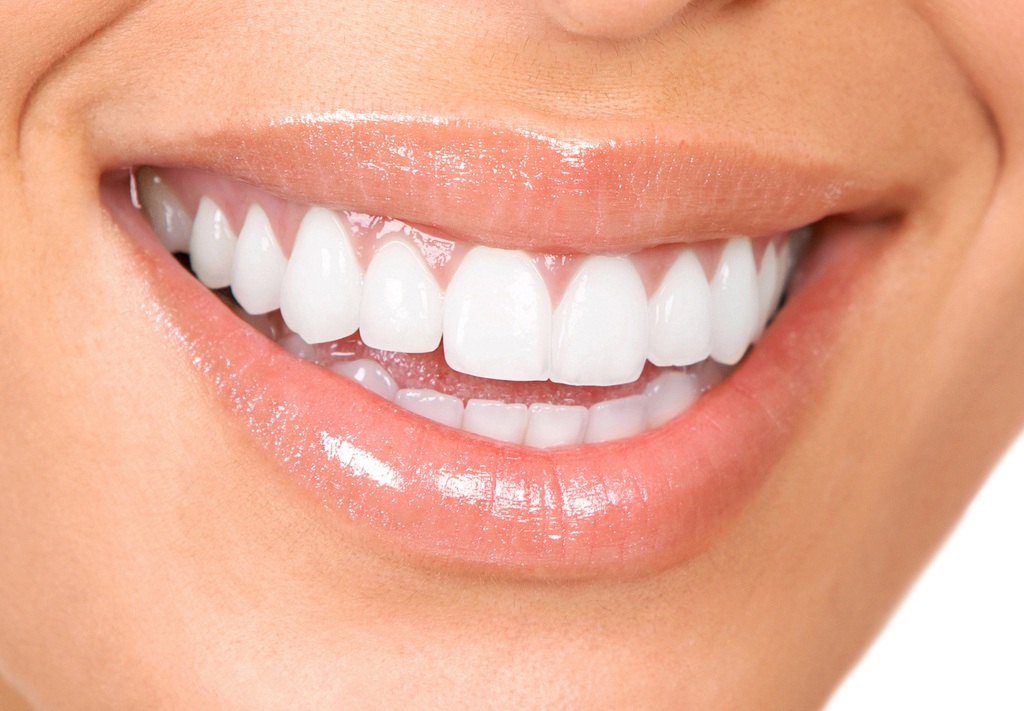Whenever we read something about the health of our teeth or how we could lose weight, we see how bad soda drinks are. We’re told that they ought to be replaced by some healthier solutions, like homemade juices using organic fruits and vegetables. When you think about it, it really does sound like a much healthier way of introducing vitamins into your body. There’s nothing wrong with apple juice mixed with orange, cranberry, or blueberry juice. Or is there?
Well, according to some new studies, fruit juices might not be as healthy as we initially thought. The most common problem is that they contain large amounts of natural sugars, which is still bad for you even though they’re from a healthy source. So, what else is wrong with a glass of fruit juice that you yourself squeezed?
1. Sugar is sugar, no matter the source
As I just mentioned, fruits are naturally loaded with a lot of sugar. Typically around 10 per cent of fruit is pure carbohydrates, a fancy name for sugar. It is true that drinking fruit juice will provide your body with many more vitamins and minerals than a typical soda, but this does not mean that the benefits outweigh the downfalls.
While juices are loaded with antioxidants, which is an extremely good thing since these can slow down the damage done to our body by free radicals, juices usually lack the dietary fiber that is present in the fresh, whole fruit.
However, if we look at the energy value juice has, it has the same number of calories, or even more, than an ordinary soda drink. This all leads to the conclusion that while fruit juice does have more beneficial vitamins and minerals, because it has the same amount of calories it is not recommended in large quantities due to the risk of developing sugar-related diseases and health issues, such as diabetes.
2. Store-bought fruit juice has hidden surprises
Processed fruit juice is not as healthy as they want you to think. And it doesn’t matter that the label says it’s 100% natural, or healthy. That doesn’t mean that it doesn’t have some chemicals added to prolong its shelf-life. Simply put, the vitamins in juice deteriorate over time, meaning that the beneficial effects of the fruit juice disappear.
Also, prolonged storage can diminish the taste of juice. Many manufacturers add flavor packs, which are not counted as concentrates or as additives, despite the fact that they are not commonly present in a juice. Because store-bought juice is stored in an oxygen-less environment, it loses its original taste, which is replaced by flavor packs. It doesn’t even matter if you are paying for a high-quality product; the chances are that it is far from being the same juice you would get if you squeezed oranges in your own kitchen. All those ingredients added by the manufacturers are designed to make the juice seem fresh once you open the bottle.
3. The “light, healthy alternative” advertising is misleading
Because drinking fruit juice is advertised as a much healthier option, people naturally assume that it has fewer calories and that they can drink unlimited amounts of it without being afraid of negative consequences. We all know that too much of a good thing can also be bad, and this cannot be more true for fruit and vegetable juices. Even if we consume only the juice we prepare at home, without any additional ingredients and sugars added, it is still a calorie bomb.
Many people mistake juice as a good option for losing weight, while the effects can be quite the opposite. While there are certain combinations of different fruit and vegetables that can be squeezed and used to slightly improve weight loss, you should not go overboard with them or cut out other solid food sources. In order to avoid consuming too many calories, you can add water to your favorite mix to decrease the number of calories per cup, but you should never add honey or white (or even brown) sugar. While your body can tell the difference between different kinds of sugars, ultimately, all it sees are calories.
4. Fruit juice is not so good for your teeth
The outer layer of your teeth is the hardest substance the body can produce. This enamel is harder than bones, but still, it is nothing if it exposed to the acids produced by bacteria that feed on sugar. When we drink high-sugar drinks we are soaking every nook and cranny of our mouth in them, which bacteria use to multiply. The simplest solution would be to thoroughly rinse your mouth or brush your teeth right after drinking fruit juice. Brushing your teeth after every major meal is actually what dentists recommend anyway, because you will quickly develop tooth decay if you wait until evening before cleaning your teeth.
Another important thing to remember is that drinking apple juice is not the same as biting off a piece of apple. Juice lacks the fibers that are present in the whole fruit, which are necessary for proper digestion. Furthermore, chewing an apple will physically clean your teeth and will massage your gums, increasing the blood flow. Your body will expend energy to break a piece of apple down into small bits, and then will use more energy in your stomach to digest those bits. All that is not necessary when drinking already mashed fruit. Make sure to chew your fruit — there are no shortcuts to health.
This all leads to the conclusion that fruit juice is not really the magical solution that we all hope for, especially if you want to lose weight and maintain good oral hygiene. While it is true that it has more vitamins and minerals than an ordinary soda drink, it also has the same amount of calories, so it’s not really a good substitution. You could prepare a fruit smoothie as a replacement for one meal, or better yet, eat the fruit fresh and chew it.
Don’t trust whatever you hear on TV: make your own fruit juice at home, where you will be sure that there are no additives hidden behind a 100% natural label. Take care of how much you eat and do not get lulled into thinking that you can drink juices as much as you want. If you are planning on changing your diet, consult a dietitian, as only they can help you find the perfect regimen that will suit your body’s needs.
















































